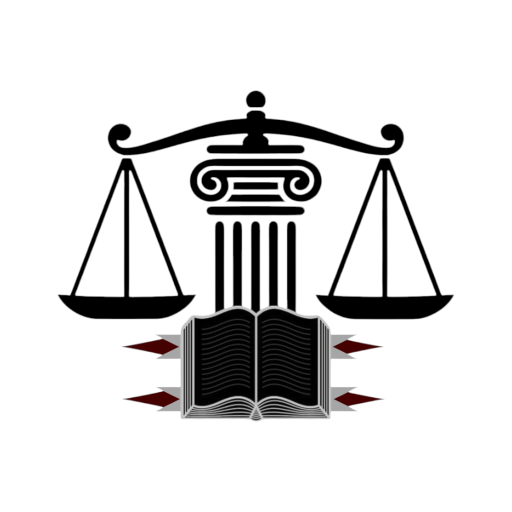Formation of Congress Ministries (1937–1939)
1937 Elections
In 1936–37, the British government announced elections for the provincial legislative assemblies under the Government of India Act 1935. Out of 1,771 total seats, both the Muslim League and the Indian National Congress decided to participate, even though both had earlier rejected the Act.
Muslim League\’s Principles:
-
They wanted to replace the present system with self-government.
-
Until then, they aimed to work within the system to benefit Muslims.
Congress also presented a manifesto promoting freedom, welfare, and the release of political prisoners.
Election Results: Congress won a majority in five provinces and formed coalition governments in three more, ruling a total of eight provinces. The Muslim League performed poorly, especially in Muslim-majority areas. Congress gained majorities in:
-
Madras
-
Bihar
-
Orissa
-
United Provinces
-
Central Provinces
It also formed coalition ministries in Bombay, Bengal, and N.W.F.P.
Exclusion of Muslim League: Even though the Muslim League had success in Muslim minority areas, Congress refused to share power. Congress laid down humiliating conditions for the League to join ministries, such as dissolving the League\’s parliamentary board and joining Congress under its command. These terms were rejected, and Congress formed solo ministries.
Congress Atrocities Against Muslims
After forming ministries in eight provinces, Congress adopted a harsh and biased attitude towards Muslims:
-
Dictatorship: Ministries were controlled by the Congress high command instead of being accountable to provincial assemblies.
-
Hindu Nationalism: Congress policies favored Hindus and tried to erase Muslim identity and culture.
Specific Atrocities:
-
Ban on Cow Slaughter: Muslims were forbidden from sacrificing cows, and violators were harshly punished.
-
Suppression of Muslim Practices: Azan was restricted; pigs were sent into mosques, and Muslim worship was interrupted.
-
Hindu-Muslim Riots: Organized violence targeted Muslim lives, properties, and honor.
-
Bande Mataram: Congress forced the recitation of this song, which had offensive content against Muslims, in schools and official functions.
-
Wardha Scheme: Introduced by Gandhi, this education policy aimed to promote Hindu culture and ignored Muslim values and religion.
-
Vidya Mandir Scheme: Promoted bowing to Gandhi’s photo and singing praises of Hindu heroes. Authored by Dr. Zakir Hussain, it was seen as a way to convert Muslims culturally.
-
Three-Colored Flag: Congress insisted on hoisting its own flag with the British one, implying it was the only legitimate Indian power.
-
Muslim Mass Contact Campaign: Congress tried to weaken Muslim League’s influence by directly approaching Muslim communities.
Muslim League’s Role During Congress Rule
The Muslim League stayed active and highlighted Congress’s anti-Muslim actions. It protested the forced recitation of Bande Mataram, Wardha and Vidya Mandir schemes, and the biased attitude of Congress ministries. Quaid-i-Azam strongly criticized Congress rule, calling it a Hindu Raj, fascist, and undemocratic.
End of Congress Rule
When World War II broke out in 1939, Britain declared war on Germany and asked Indian political parties for support. Congress agreed on the condition that:
-
The war\’s purpose should be explained.
-
A promise should be made that Indians would draft their own constitution.
-
Only elected members should be in the Viceroy’s Council.
The British government refused these demands, so Congress ministers resigned from their posts in November 1939.
Day of Deliverance (22nd December 1939)
After Congress resigned, Muslims felt relief from its oppressive rule. Quaid-i-Azam called for Muslims to observe a \”Day of Deliverance\” to thank Allah for ending the Congress’s dominance. Muslims celebrated peacefully across India with prayers and gatherings.
Conclusion
The formation of Congress ministries from 1937 to 1939 was a turning point in the political struggle of Muslims in India. Congress’s refusal to share power and its oppressive policies exposed the true intentions of Hindu leadership. This period played a key role in awakening Muslim political consciousness and strengthened the demand for a separate homeland, which eventually led to the creation of Pakistan.
